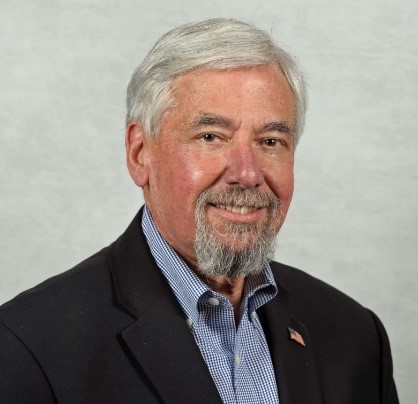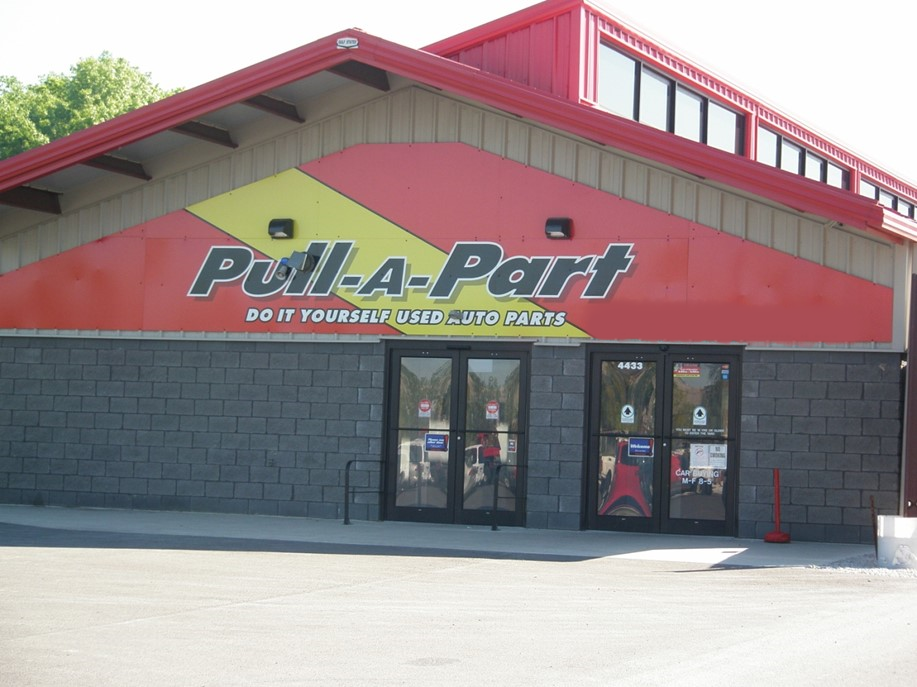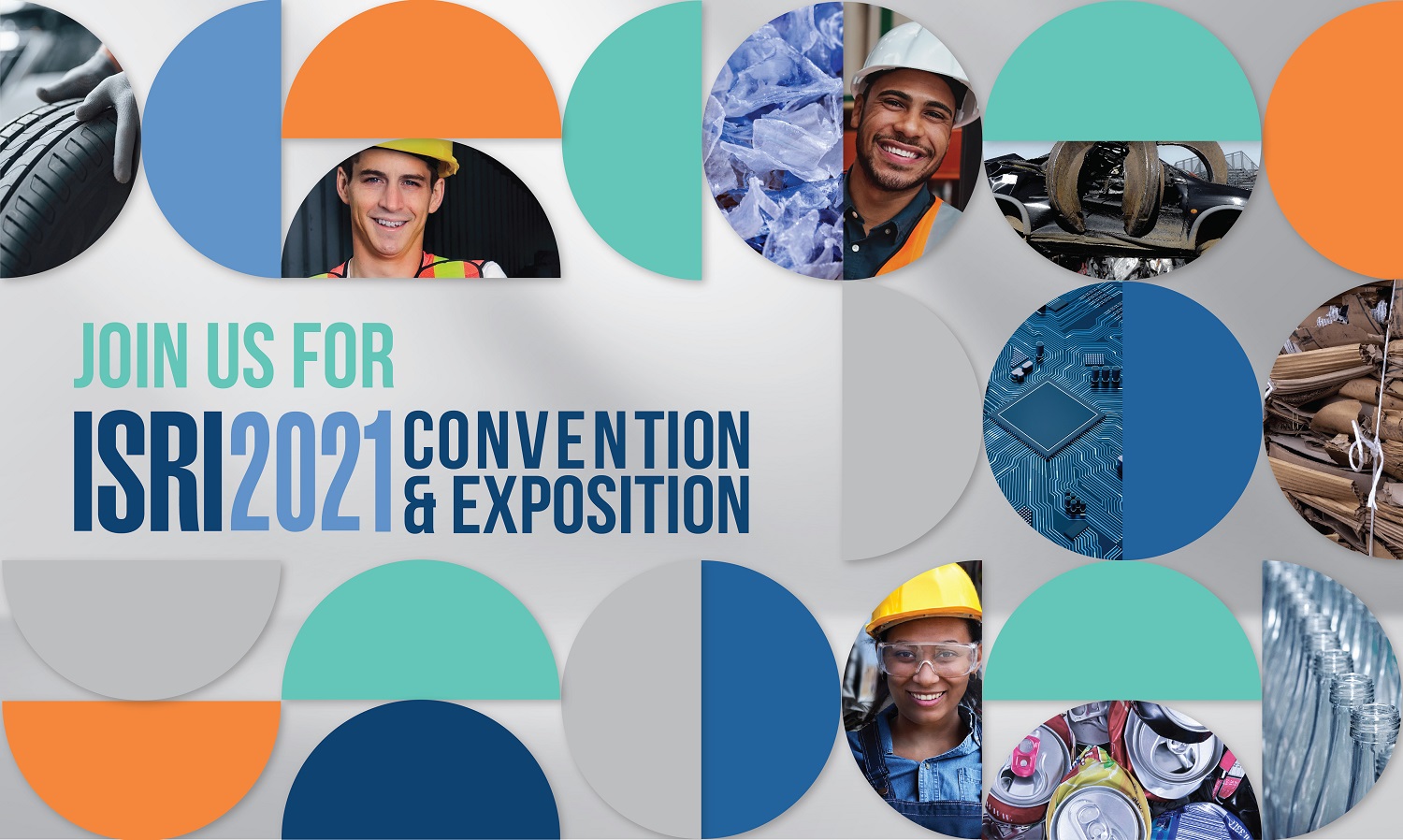Recycling is in Steve Levetan’s blood. Both his father and grandfather were part of the recycling industry and Levetan himself recently surpassed 50 years in the industry. Levetan is the Executive Vice President of Pull-A-Part, LLC, a U.S. chain of automotive recycling yards where customers bring their own tools to remove parts from used vehicles. Scrap News spoke with Levetan about his five-plus decades in recycling, his family roots in the industry, and how the industry is tackling catalytic converter theft.
Can you tell me about your career in the recycling industry, and your current role as Executive Vice President of Pull-A-Part, LLC?

I became active in the recycling industry in 1970. Initially, I owned and operated our family’s scrap metal and paper recycling company until we sold the company in 1986. After that, I started a public affairs/lobbying firm. I was already lobbying as a volunteer on behalf of the industry in Georgia, so when we sold the business, I decided that’s what I wanted to do.
The contract lobbying firm primarily represented the recycling industry. I worked through a number of industry issues, including solid waste related issues and making sure the states I worked in did not consider our raw materials to be solid waste. We got very specific language in those states to protect us.
Metal theft was a huge issue during those years. I represented ISRI’s southeast chapter, which at the time included Georgia, Florida, Alabama, and Tennessee. I also represented a number of scrap paper interests and paper mills that recycled paper. Through that work, I got even more involved in some of the solid waste issues.
One of my clients was Central Metals in Atlanta, the company that ultimately started Pull-A-Part, LLC. When Pull-A-Part was launched, I did all the zoning and permitting for the first facility. As the company grew and became national in scope, it took more and more of my time, so they brought me in as a partner. I gave up my public affairs practice and went full-time with Pull-A-Part in the early 2000s. I’ve been there full-time ever since and remain very active with ISRI. I am proud to have been elected this past year as a an at large board member.
What about the industry has kept you around for five-plus decades?
The business is in my blood. My grandfather started his junk business in 1919. My father and uncle came into the scrap business right after World War II. And I entered the recycling business in 1970. Even though the nomenclature changed, we all did the same thing. And that also helps to explain my obsession with using the correct terminology and definitions in legislation. .
Also, the industry is exciting. We’ve been at the forefront of the environmental movement, and it’s been exciting to be a part of that for all of these years.
How has the industry changed since you first entered it?
Obviously, the changes have been amazing. From the materials that we handle, the equipment that we use, and the environmental concerns that we’ve dealt with legislatively—which is the area I focused in—there’s been tremendous change.

We truly are a vital, essential industry in the United States and throughout the world. Supply chains today would not be able to function without our industry. A large amount of raw materials we’ve seen over the last year that are essential to producing ventilators, hospital beds, and necessary paper products wouldn’t exist without the recycled content our industry provides.
How were you introduced to ISRI, and can you tell me about some of the work you’ve done with us over the years, including your experience as the chair of ISRI’s Auto Recycling Committee?
Back when I first entered the industry, the association was known as the Institute of Scrap Iron and Steel. I think I attended my first national conventional in 1970, and I was very active with the southeast chapter. The members were great mentors and took me under their wing. They helped me understand the issues and got me interested in the legislative process, starting with Georgia. I became active in our local scrap association in Georgia. Eventually, I became the president of that association. I got involved with the lobbying efforts, both in the state of Georgia and with the city of Atlanta. I helped re-write the scrap ordinance for Atlanta and dealt with several issues at the state level. Through this type of work, I became legislative chair for the southeast chapter.
When the Institute of Scrap Iron and Steel transitioned to ISRI, I remained active with the southeast chapter. After we sold our company in 1986, I became the lobbyist for the southeast chapter for more than 10 years. At the same time, I was still active within ISRI through the various committees that were relevant to the issues I was working on.
When Pull-A-Part came back as an active member of ISRI, I was still active in a number of committees. I chaired the state subcommittee, I was active in the materials theft committee, and I participated in government relations.
A few years ago, we started an auto recycling committee, and I was asked to chair that committee (he’s still the chair today). This past year, we created a catalytic converter theft working group—a joint effort between the materials theft committee and the auto recycling committee. This past year, I was honored to be elected as an at large member of the board.
Why is catalytic converter theft such an important issue right now?
We’ve seen a huge increase in catalytic converter theft around the country, and articles written about these thefts on a daily basis. There’s usually a line in those articles indicating the converters are stolen for their precious metals content and are sold to scrapyards or dealers. We know for the most part that is absolutely not the case, but we as an industry are being tagged as the bad guys. So we as an industry need to be proactive in preventing these thefts.
We’re also a victim of these crimes. Those of us that handle automobiles and the catalytic converters from those automobiles are an easy target for thieves to steal catalytic converters we’ve already removed.
We made a conscious decision at ISRI to get proactively involved in this issue. Passing a new law is very rarely the answer to a problem. We know there are enforcement challenges, and so outside of the legislative arena we’re working with law enforcement to deal with them.
Our working group formed a joint working group with the International Association of Auto Theft Investigators (IAATI). The joint working group released its first project—a press release on marking catalytic converters to make them identifiable for law enforcement so they can actually take action. Marking the catalytic converters will then allow our members to identify a catalytic converter that may have been stolen. It’s a great partnership between ISRI as the voice of the recycling industry and IAATI—the largest international association of law enforcement dealing specifically with this issue.
What do you hope attendees take away from the Catalytic Converter Theft session at ISRI2021?
We want people to know the magnitude of the problem and to see how ISRI and the recycling community are confronting the issue. We also want to provide details about our programs, and some of the legislative approaches we think can be helpful. We’ve got a member of law enforcement on the panel who will talk about some of the challenges they face in dealing with this issue. They’ll also discuss some of the actions that have been taken to successfully deal with the illegal purchase of these catalytic converters.
What are you looking forward to the most about ISRI2021?
I think there’s going to be a tremendous amount of opportunities for ISRI members. Many members are not able to attend the convention—particularly the educational sessions—for a variety of reasons, maybe they can’t get away from their business or because of the costs involved. But since ISRI2021 is virtual, members can choose to attend sessions either in real time or by accessing them on-demand. While [a virtual convention] presents some challenges, I think the opportunities for our members far outweigh them.
To stay up to date on issues concerning catalytic convert theft, consider attending Catalytic Converter Theft: Prevention and Enforcement Efforts during ISRI2021, ISRI’s virtual convention, on Thursday, April 22, from 2:45-3:30 p.m. EDT. Register for ISRI2021 here.










